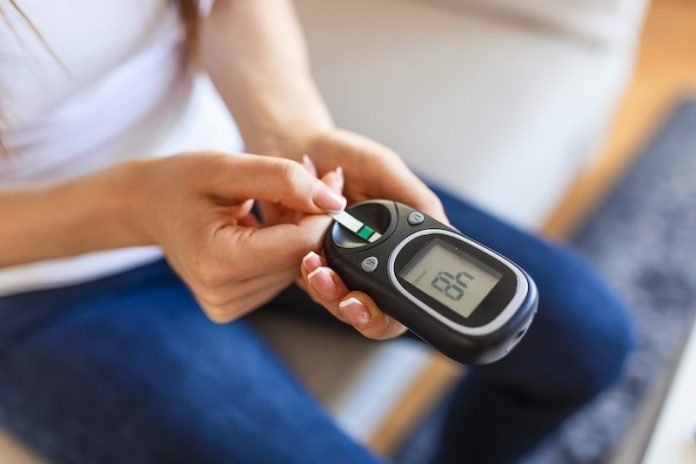
Vitamin B1, also known as thiamine, is an essential nutrient that plays a critical role in energy production and nerve health.
For people with diabetes, research suggests that taking vitamin B1 could provide specific benefits, helping to prevent or reduce complications associated with the condition.
People with diabetes often experience higher rates of thiamine deficiency. Studies have found that individuals with type 1 or type 2 diabetes tend to have significantly lower levels of vitamin B1 in their blood.
This deficiency doesn’t usually result from poor diet but is due to the body losing more thiamine in the urine. The kidneys of people with diabetes are often overactive, causing them to excrete essential nutrients like thiamine at a faster rate.
This deficiency can lead to problems with nerve function, blood vessel health, and overall glucose metabolism.
Thiamine is especially important because it helps break down carbohydrates, the main source of energy in food. When blood sugar is consistently high, as it often is in diabetes, it can lead to the buildup of harmful byproducts in the body.
Thiamine helps prevent this buildup by supporting the enzymes that process glucose efficiently. Without enough thiamine, the body may struggle to manage these processes, potentially contributing to complications such as nerve damage (neuropathy), kidney damage, and heart disease.
Research backs the potential benefits of vitamin B1 supplementation for people with diabetes. A study published in Diabetologia found that taking a form of vitamin B1 called benfotiamine (a fat-soluble version of thiamine) helped reduce oxidative stress and improved the health of blood vessels in people with diabetes.
Oxidative stress occurs when there is an imbalance of harmful molecules in the body, which can damage cells and lead to complications. By reducing this stress, thiamine may protect against damage to the eyes, kidneys, and nerves.
Another study in Diabetes Care showed that high doses of thiamine improved kidney function in people with type 2 diabetes. In the study, participants who took thiamine supplements for three months showed a significant reduction in albumin levels, a marker of kidney damage.
This suggests that thiamine may help protect the kidneys and slow the progression of diabetic kidney disease.
Thiamine’s role in nerve health is also crucial. Neuropathy, or nerve damage, is a common complication of diabetes that can cause pain, tingling, and numbness, especially in the hands and feet.
Some research has found that thiamine supplementation may help reduce symptoms of neuropathy by improving nerve function and reducing inflammation.
For people with diabetes, getting enough thiamine through diet alone can be challenging. Foods like whole grains, nuts, seeds, pork, and legumes are good sources of thiamine, but these may not be sufficient to restore levels in people who are deficient.
Taking a supplement, particularly in the form of benfotiamine, may be more effective in raising thiamine levels and supporting overall health.
Before starting any supplement, it’s important to consult a healthcare provider. While thiamine is generally considered safe, your doctor can recommend the right dose and monitor your progress.
In summary, vitamin B1 is a simple yet powerful tool for managing diabetes-related complications. By addressing common deficiencies, supporting glucose metabolism, and protecting the nerves and blood vessels, thiamine supplementation could improve quality of life for people with diabetes.
Adding this nutrient to your care routine, under medical guidance, might be a step toward better long-term health.
If you care about diabetes, please read studies about a cure for type 2 diabetes, and these vegetables could protect against kidney damage in diabetes.
For more information about diabetes, please see recent studies about bone drug that could lower risk of type 2 diabetes, and results showing eating more eggs linked to higher risk of type 2 diabetes.
Copyright © 2024 Knowridge Science Report. All rights reserved.



